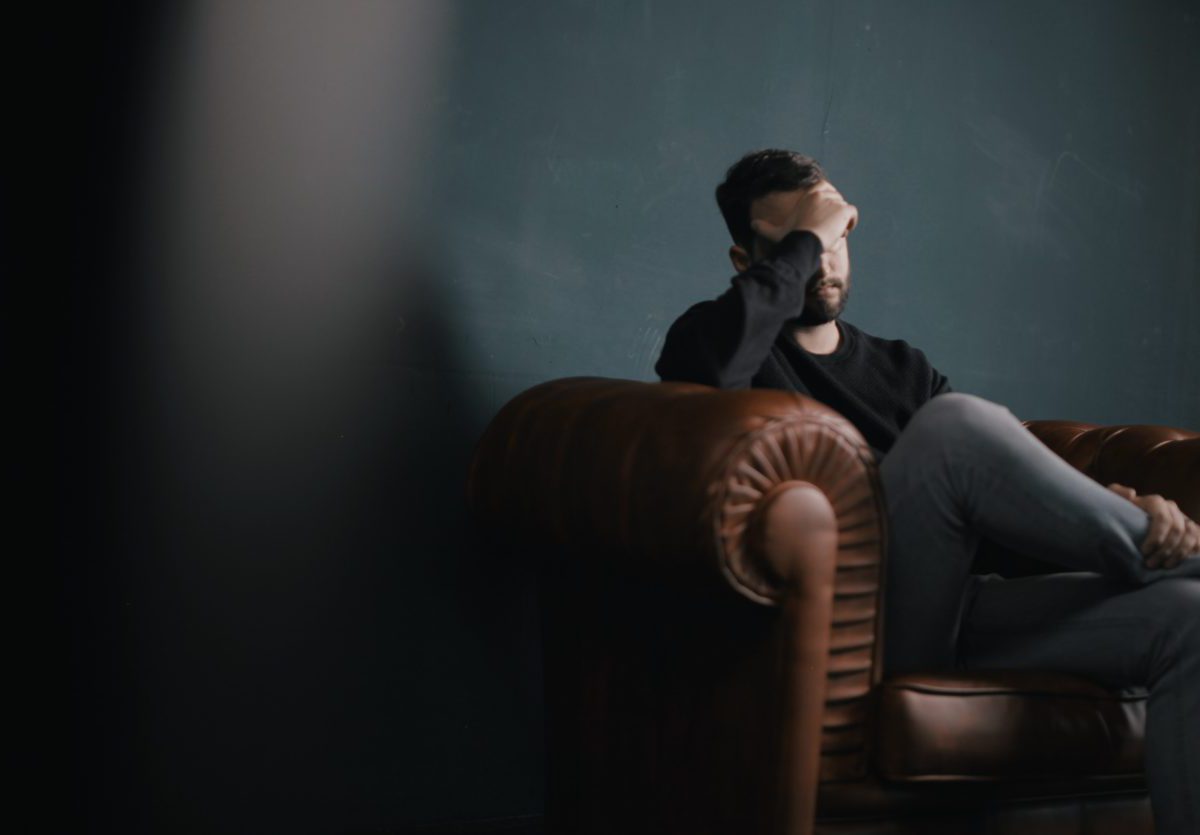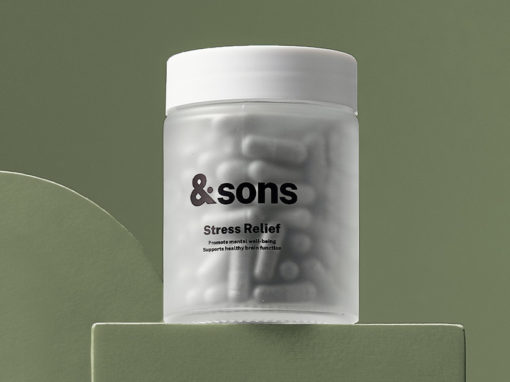Last year, there was a sharp rise in the number of mental health issues globally. This was, in large part, due to COVID-19. One of the most common mental health problems faced by individuals were anxiety attacks. Anxiety attacks can cause symptoms such as shortness of breath and heart palpitations.
These symptoms could just be bodily responses to worldly stressors. Some primary causes of stress include high financial obligations, the rush to meet specific project deadlines, or a strained relationship. How can you tell if these physical conditions are actually symptoms of an anxiety attack?
Understanding the Effects of an Anxiety Attack
For starters, it is important to understand the physical, mental and psychological impact of anxiety. The mental impact of anxiety is that it causes you to overthink things and feel as if something bad is about to occur. Under normal circumstances, this may not be a bad thing as it helps us to consider different situations.
However, if you are prone to anxiety attacks, it can restrict your day-to-day life. This is especially true now when the prevalence of COVID-19 is still large. In severe cases, you may find yourself avoiding going out into public altogether. As a result, you stay cooped up at home, because you are terrified of potentially being infected.
But the brunt of this mental health condition does not stop there. As a matter of fact, anxiety attacks could also cause you to suffer from a number of physical symptoms, which include:
- Shortness of breath
- Headaches
- Heart palpitations
- Sweaty palms
- Tight chest
- Nausea
- Butterflies in the stomach
Symptoms of an anxiety attack are different from the physical, bodily responses of a panic attack. Although anxiety attacks and panic attacks share many common symptoms, they are not the same thing. Panic attacks tend to come on abruptly, be short lived, and the symptoms are intense. The symptoms of anxiety attacks are less intense, but occur over a longer period of time. In fact, they can last for days, weeks, or sometimes even months at a time. Scary isn’t it?
It is no surprise that anxiety could also cause psychological suffering. This happens when your thoughts become almost always negative. You may also be faced with a constant fear of the worst possible outcomes in life happening, such as:
- Thoughts about dying or having a heart attack
- Feeling as if people are looking at you or judging you
- A desire to run away
- Feeling on edge and panicky
- Feeling detached from your environment
What Triggers an Anxiety Attack, and How Do You Suppress Its Symptoms?

To date, the exact causes of anxiety attacks remain unclear. It has been suggested that anxiety is a hereditary condition. It has also been suggested that anxiety is caused by a sudden change in circumstance or an individual’s environment. Further research is needed to prove the exact causes of anxiety attacks.
1) Breathing methods
One of the most effective ways to calm your mind and body is to breathe slowly and steadily. Practicing deep breathing by drawing air into your belly and exhaling in short, sharp bursts can help to increase the amount of oxygen entering into your body. This, in turn, can help to slow your heart rate and stabilise your blood pressure. Alternatively, you can also choose to practice 20 minutes of yogic breathing five times a week. This helps to lower your risk of experiencing the physical and psychological symptoms of an anxiety disorder, as discovered in an ongoing study by the University of Southampton.
2) Making lifestyle changes
Consuming a healthy diet and exercising regularly can also help to keep the symptoms of an anxiety disorder in check. For example, learn to enjoy meals that are chock full of healthy fats, fibre and multi-coloured vegetables. These foods can help to reduce inflammation while also promoting an improvement in your mood and behaviour. Regular exercise triggers a release of endorphins in the body, which promotes an overall feeling of relaxation and positivity.
3) Seek professional advice
If you still find yourself struggling after exploring these different methods, try seeking the help of a mental health specialist. A specialist is best qualified to identify the causes and potential triggers of your attacks. Doing so helps them to devise a plan for managing your symptoms effectively.
It is extremely frustrating and normal for you to deal with anxiety attacks on a regular basis. Ultimately, it is important to know that anxiety is a natural physiological response that you cannot do away with permanently. As such, the only way to manage this disorder would be to accept it for what it is and take the necessary self-care steps to manage its symptoms effectively.



